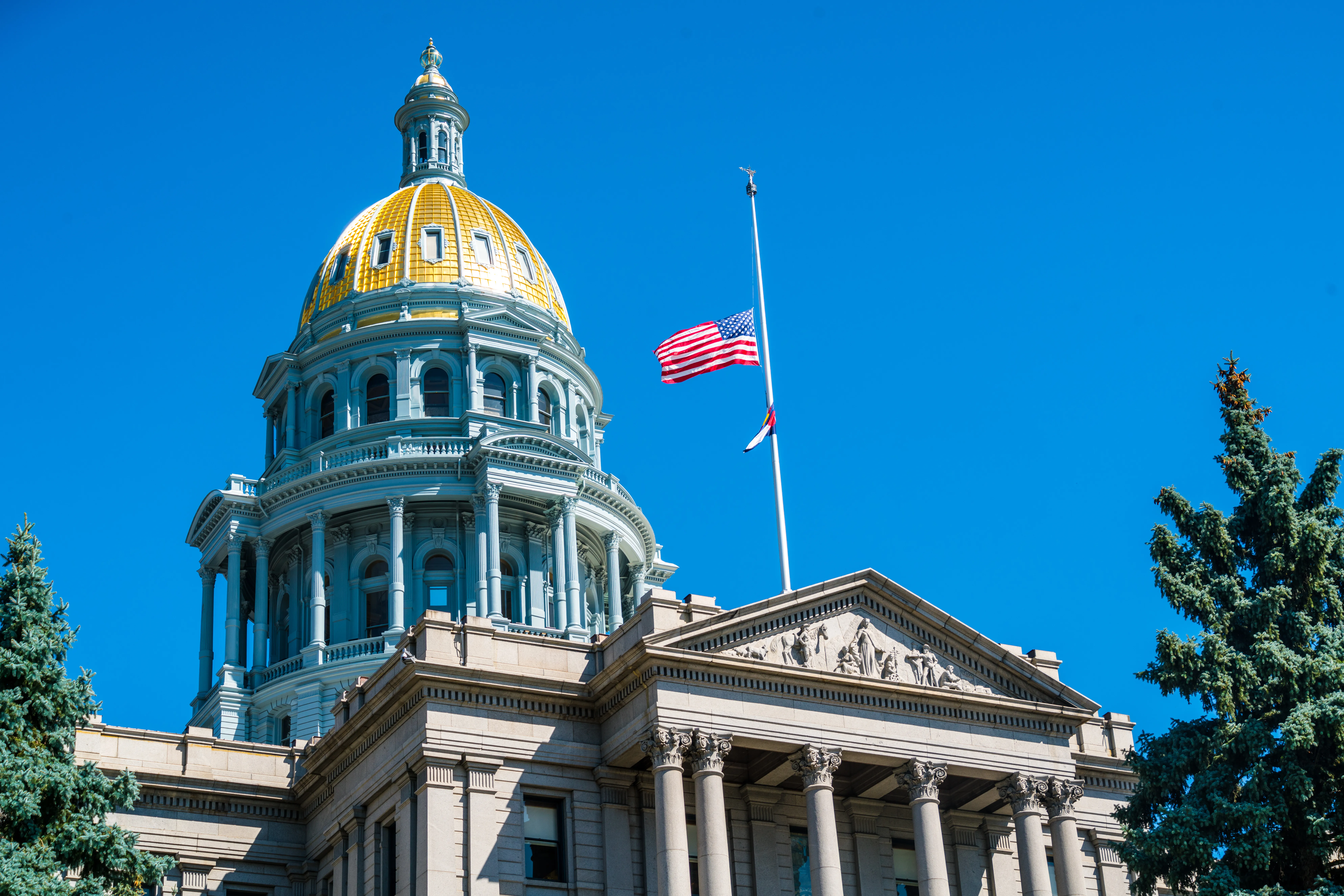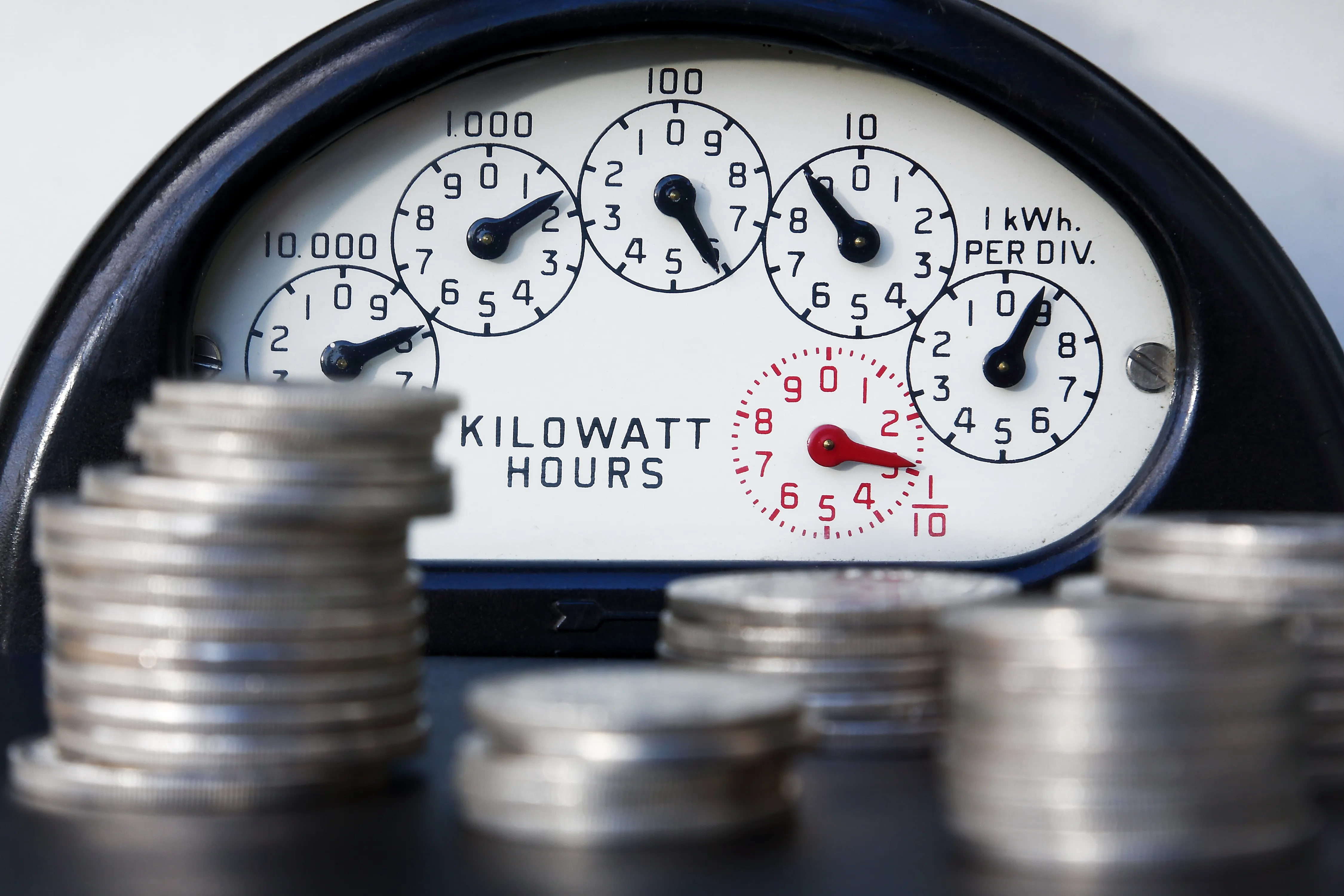
Daily Audio Newscast Afternoon Update - April 25, 2025
© INDU BACHKHETI - iStock-1336427297
News from around the nation.
White House is 'close' on Japan, India tariff agreements but expect them to be light on specifics; Families in limbo following federal energy assistance program cuts- we have reports from NH and MD; NV adopted CA's 'clean car' standard, rule now under GOP examination.
Transcript
The Public News Service Friday afternoon update, I'm Mike Clifford.
The White House says it is closing in on general agreements with Japan and India to stave off massive U.S. tariffs, but they're likely to leave many of the thorny details to be hashed out at a later date.
That from CNN.
They report in the absence of full-fledged trade deals, administration officials are working to ink what three people close to the White House described as "memorandums of understanding or broad architecture for future deals.
They were granted anonymity to discuss the details of internal deliberations.
It may take months to hammer out the final details, said one of the people conceding "These things are complicated."
CNN notes it is the clearest sign yet of how President Trump and his top economic officials plan to tackle the gargantuan tasks they've bitten off negotiating individual agreements with more than 60 trading partners.
And next week, Congress is expected to vote on whether to roll back states' authority to set their own clean car and truck standards.
Data show some Nevadans could save more than $1,300 a year on fuel by switching to an electric vehicle.
Rob Sargent is with the non-profit Kultura, which advocates for a transition from gas-powered cars to EVs.
He says the vote in Congress could potentially undermine EV availability, consumer savings, and subsequent job creation.
Sargent says it's middle-class voters who benefit the most from driving EVs and using the federal tax credits to buy them.
"There are contractors driving 150 miles daily between job sites, rural drivers, tradespeople and working families.
Blue-river housing is more affordable and jobs are further away."
Kultura has found people in northern Nevada who drive more than 25,000 miles a year spend on average close to $8,000 a year on gas.
I'm Alex Gonzalez reporting.
Next, advocates for energy assistance programs warn that federal staffing cuts have vital staffing.
We have reports from Maryland and we begin with New Hampshire.
The Trump administration's layoffs of 10,000 health and human services workers include the entire office that oversees the low-income energy assistance program.
Mark Wolfe with the National Energy Assistance Directors Association says eligible households use the funds to avoid utility shutoffs.
Many states have told us that they've either run out of money or they're very close to it and that they need this additional fund to help families pay off the remaining heating bill or get ready for summer cooling program.
I'm Katherine Carley.
Meantime a report by the Maryland Office of the People's Council says energy rates in many parts of Maryland have far outpaced inflation.
Maryland State Delegate Lori Sharkodian says cuts to LIHEAP would put further strain on people already trying to get by.
They have to choose between paying their rent and paying their heating bill.
They have to choose between groceries and keeping the lights on.
A report by the Institute for Energy and Environmental Research found nearly 20 percent of Marylanders pay energy bills that are more than 6 percent of their income, which is considered high.
This is public news service.
More than 60 Pennsylvania counties don't have enough public defenders for the caseloads, forcing some, as in Erie County, to handle over 400 cases a year.
Our Daniel Smith has more.
A report by Quattrone Center says the state needs more than 1,200 full-time public defenders, but has about 850.
Sarah Jacobson with the Public Defenders Association of Pennsylvania says the state was one of only two that provided no funding for public defense.
But $7.5 million was allocated in the last two state budgets.
Jacobson says that has helped.
Although spread across 67 counties, it isn't enough to make real change in places like Erie County.
Erie got in '23-'24 a little over $102,000.
The second appropriation, $106,723.
The problem is that when you add the cost of an attorney's salary and benefits, the money that's there is not enough when it gets divided up.
The report finds Erie County would need 28 full-time attorneys to handle the large caseload to handle the growing need.
And the owner of Michigan's Palisades nuclear plant is getting another $47 million to restart the facility, it is the third installment of a $1.5 billion federal loan package.
Palisades was decommissioned in 2022 after more than 50 years of operation.
Now owned by Holtec International, the plant in Van Buren County is expected to supply enough power to serve about 800,000 homes.
But environmental and indigenous groups are voicing frustration after a federal panel recently denied a full hearing on petitions challenging the restart.
Kevin Camps of the nonprofit Beyond Nuclear is among those in opposition.
A recent analysis by Dave Lockbaum, who is retired from the Nuclear Safety Program at Union of Concerned Scientists, placed palisades at something like 84th out of 105 reactors in the country.
So his analysis was, they're more like in the bottom rung of the industry, actually.
Crystal Blair reporting.
Finally, we head to Alaska, where the American Heart Association is helping save lives.
In a medical emergency, such as a heart attack, time and distance can be a formidable obstacle in rural Alaska for getting a patient to a hospital.
The association says only about 10 percent of people who suffer a cardiac arrest outside of a hospital will survive, but access to CPR or a defibrillator can triple those odds.
Kristen George with the Alaska Heart Association says it's all about keeping the blood flowing.
The benefit to having CPR and AED education is the time of restarting the heart.
If we can keep the blood flowing to the heart, then we're not losing any of the parts we need.
The reason we do the education is so that we continue to keep that heart beating.
George says by 2030, the association plans to visit more than 220 rural Alaskan villages.
I'm Mark Richardson.
This is Mike Clifford for Public News Service, member and listener supported.
Find our trust indicators at publicnewsservice.org.
















